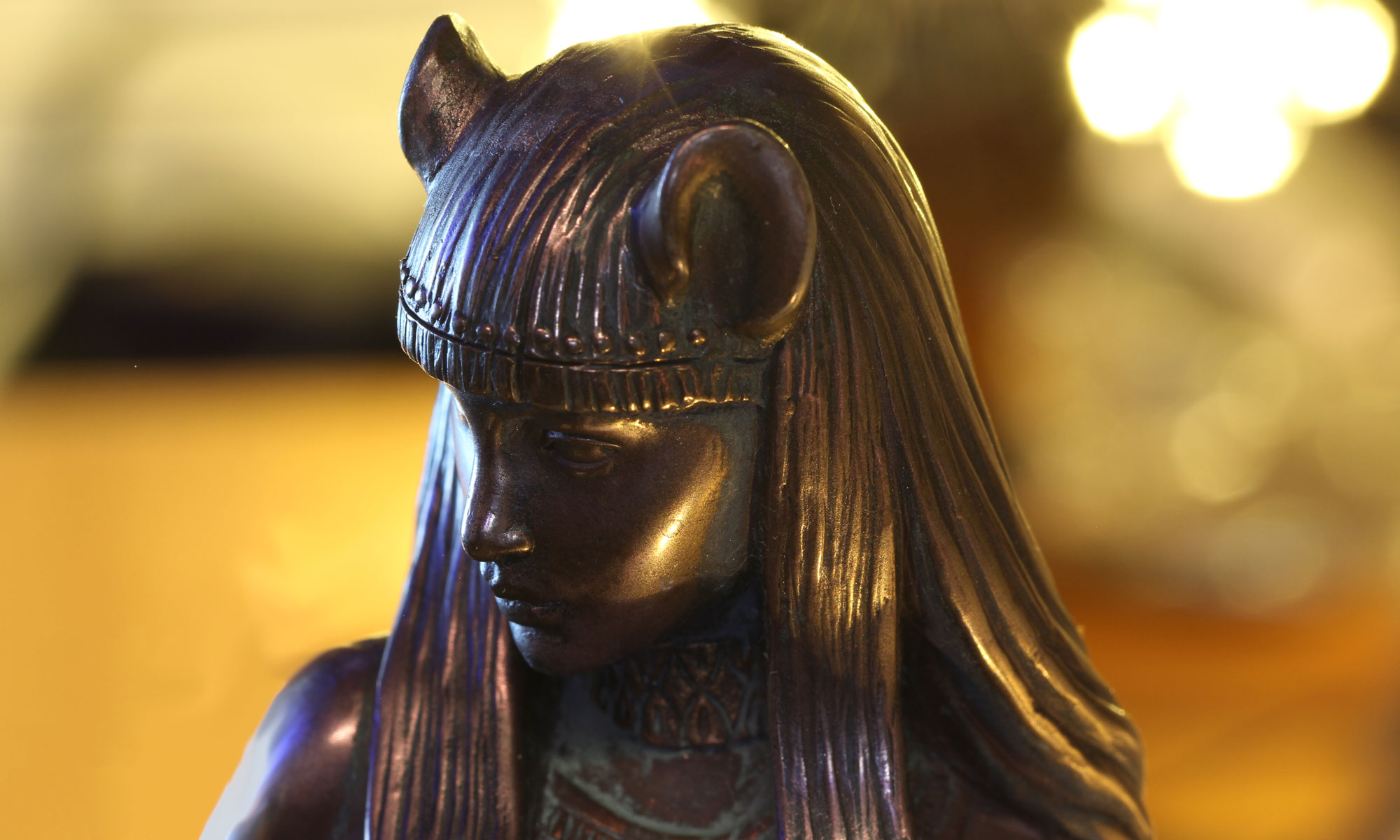“Philippine Shamans and Voice and Gender and Place”
with Grace Nono
Thursday, March 9, 2023 at NOON Eastern Time
REGISTER HERE

Babaylan Sing Back is Grace Nono’s most recent work, which depicts the embodied voices of Native Philippine ritual specialists popularly known as babaylan. These ritual specialists are widely believed to have perished during colonial times, or to survive on the margins in the present-day. They are either persecuted as witches and purveyors of superstition, or valorized as symbols of gender equality and anticolonial resistance. Drawing on fieldwork in the Philippines and in the Philippine diaspora, Grace’s deep engagement with the song and speech of a number of living ritual specialists demonstrates Native historical agency in the 500th year anniversary of the contact between the people of the Philippine Islands and the European colonizers.

Grace Nono, Ph.D., is an ethnomusicologist and scholar of Philippine shamanism. She is also a music-performing artist, and founding president of the Tao Foundation for Culture and Arts, a non-profit organization that contributes to cultural revitalization in the Philippines. Among Grace’s books are Babaylan Sing Back: Philippine Shamans and Voice, Gender and Place (Ateneo University Press, 2023, and Cornell University Press–Southeast Asia Program, 2021); Song of the Babaylan: Living Voices, Medicines, Spiritualities of Philippine Ritualist-Oralist-Healers (Ins
~~~~~~~~~~~~~~~~~~~~~~~~~~~~~
Save this date for the next ASWM Salon:
March 23, 2023 “The Woman Who Married a Bear and Original Instructions” with Kaarina Kailo
NOTE: We will resume our Salon series later in the year, after our May 5-6 Conference!

The Salon recording will also be available to members after the event.













You must be logged in to post a comment.